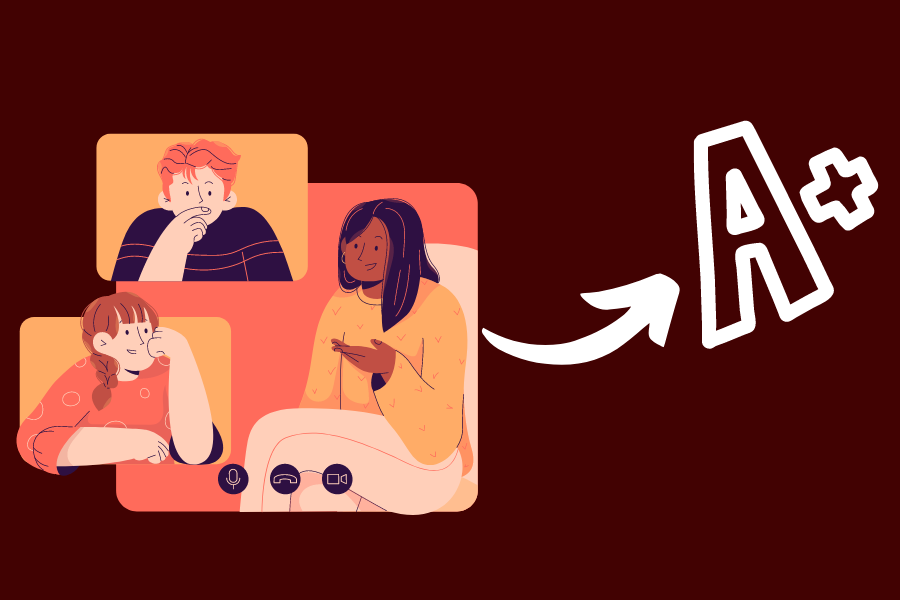Think about the Edison Public Schools motto: “TEAM: Together Everyone Achieves More.” At EHS, we emphasize that cooperation is the key to success. An individual’s growth and development as a person relies on collaboration skills. Teachers at school try to foster these skills by making their students work in group projects. Often, however, there is unbalanced distribution of work between group members due to lack of communication, lack of follow through, and variations in work ethic.
When you first get the project, I would recommend distributing the work equally, delegating jobs to each member. Therefore, each member would have an objective for the project and know exactly what they should be doing.
An important aspect of group work is communication. Without communication, nothing can be achieved among the group members. Creating a group chat or email thread can help you communicate outside of school. Most students are understanding and may be unaware that they are not treating their group members equally. By communicating your feelings, there will be increased understanding between each member.
Students excessively concerned with their grades may want full control over the project. These students may just tell other group members what to do and give them minimal work to do to guarantee their work is good. However, this shows a toxic group relationship and should be addressed through talking with the other group members and standing up to any monopolizers in the group.
The opposite can be said with the problem. Some members of the group may be lazy and not want to work on the project, leading to unfair distribution of work. Consider color coding tasks for individual students or use Google Docs’ new checklist feature—sometimes it’s enough for a student to visually see the difference. But, if you know someone is not contributing to the group, stand up to them and address the problem together. If they continue to not listen and continue to do nothing, talk to the teacher and explain the situation. The teacher will most likely listen and will consider individual grades based on the edit history and circumstance.
Telling the teacher is not snitching unless the problem can be resolved within the group. By telling the teacher, the chances of the issue reoccurring decreases. If the person in your group becomes angry at you for telling the teacher, don’t take it to heart. The only thing that matters is if you believe you are doing the right thing.
Unbalanced grouping may not always be from working with unfamiliar classmates. It can also be from working with close friends. Therefore, I would recommend choosing your groupmates wisely if you can choose your group. Choose classmates you know will help you get work done rather than people who would distract you, causing the work to be unfairly distributed or the project not being completed.
Cooperation isn’t something that can be easily done with everyone. Some individuals may be harder to work with than others due to the type of person they are. However, cooperation is important for the future in careers and life in general. Cooperation is key for change to occur in the world, which can be fostered in class projects.


















































































